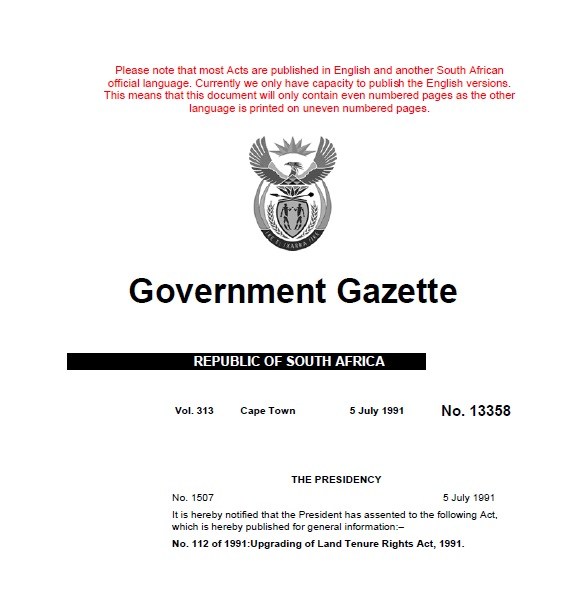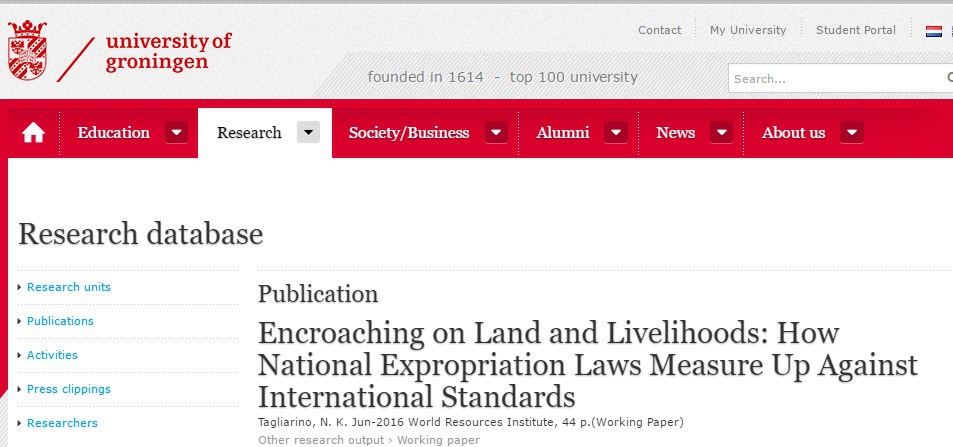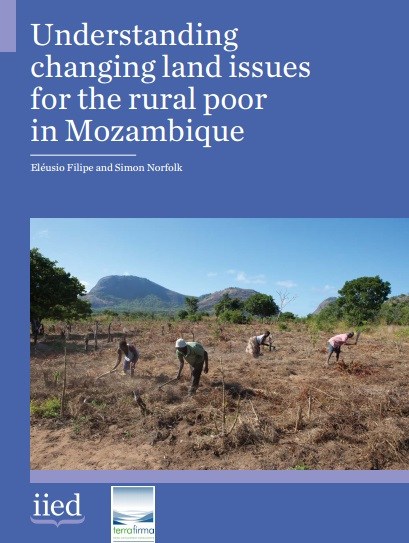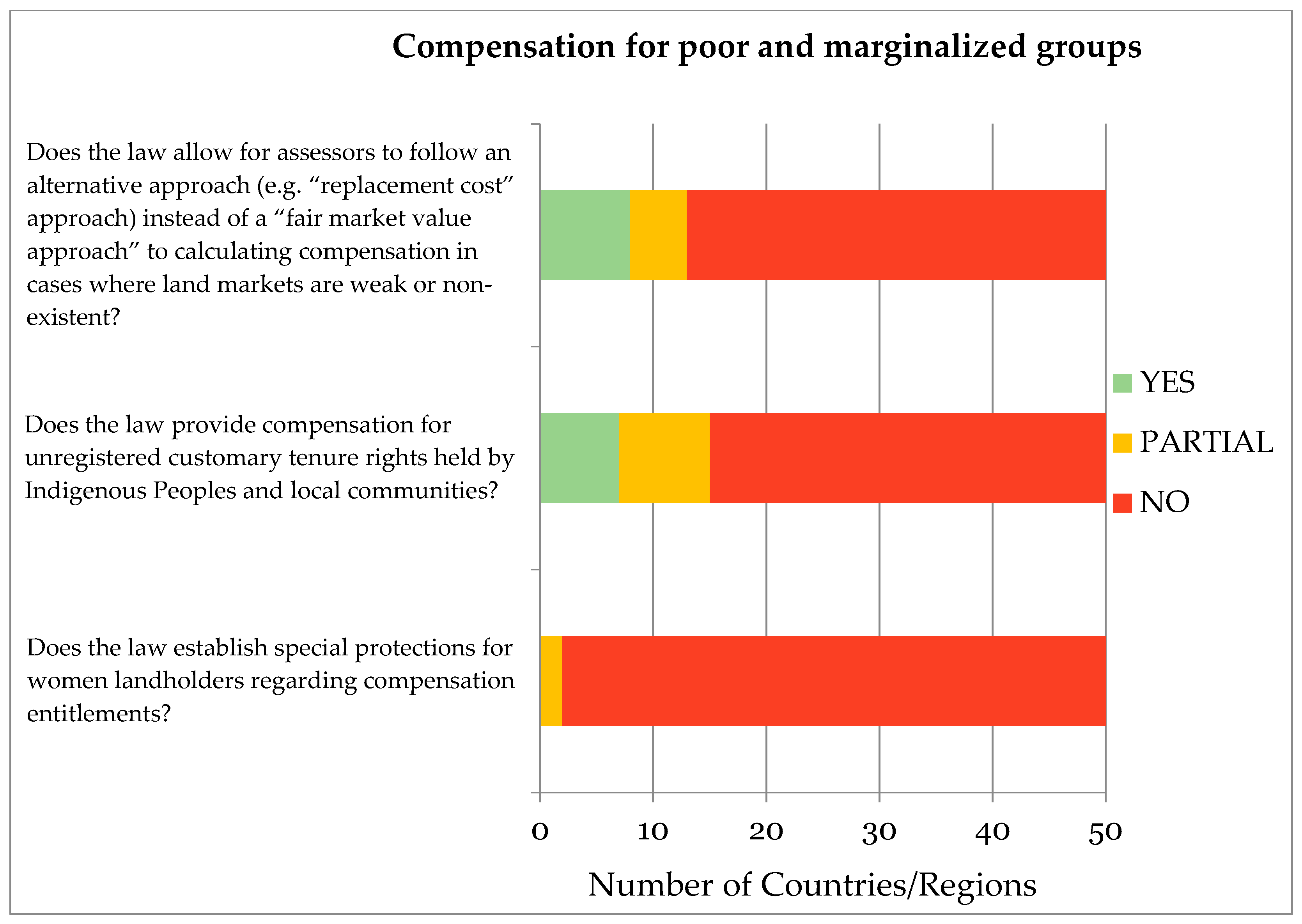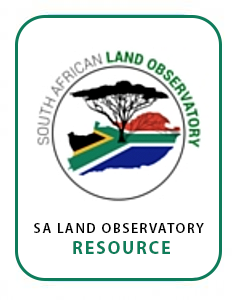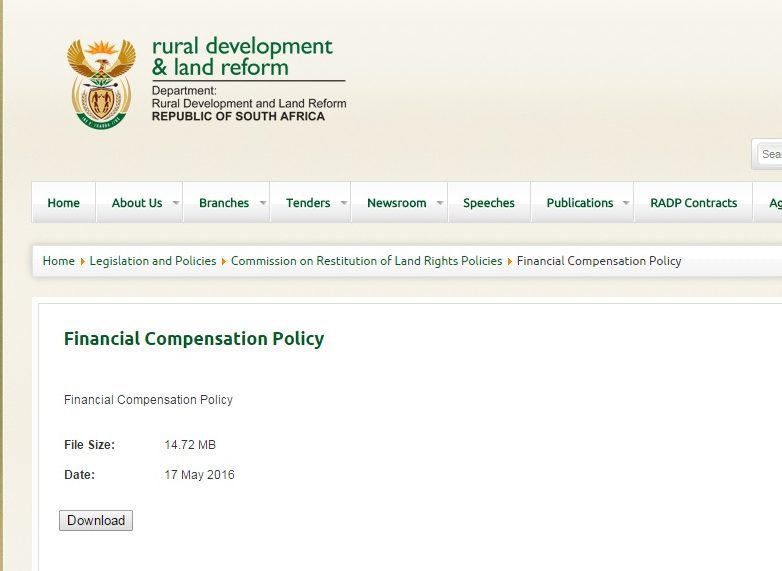Expropriation Bill [B4-2015]: Chapter 4 proposed amendments, with Deputy Minister
The Committee continued deliberations on the official list of committee proposed amendments to the Bill (A-list) accompanied by the B version which incorporated all the proposed amendments into the Bill. Chapter 4 on Intention to Expropriate and Expropriation of Property was completed.


